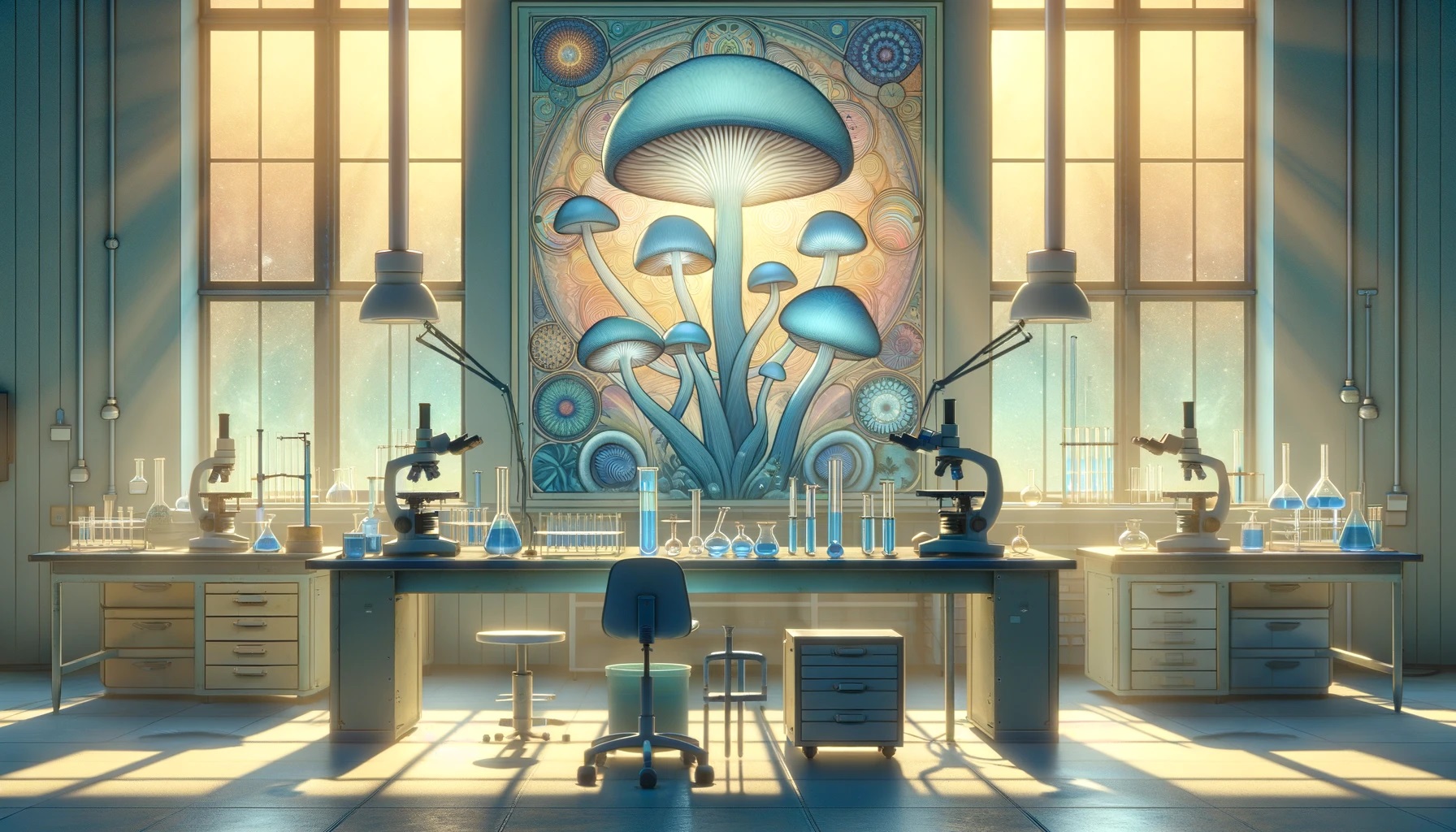Psilocybin-assisted therapy is taking the spotlight in mental health research, especially for those battling treatment-resistant depression. Exciting findings from a study in Nature Medicine reveal that just two doses of psilocybin, coupled with supportive psychotherapy, can significantly outperform a placebo in easing depressive symptoms. What’s more, these benefits seem to last, maintaining their effect up to six months post-treatment.
In similar strides, a JAMA Psychiatry study highlights the success of psilocybin therapy in lessening anxiety and depression in individuals facing life-threatening cancer. This research underscores not only significant immediate relief but also sustained improvements six months after the therapy.
The potential benefits of psilocybin don’t stop there. Recent research, published in Nature Communications, showcases its effectiveness in reducing PTSD symptoms among veterans. The study details substantial and lasting symptom relief, maintaining its impact six months following the therapy.
Additionally, psilocybin is making waves in addiction treatment. A pivotal study in Neuropharmacology shows that psilocybin can significantly curb nicotine cravings and withdrawal symptoms, helping smokers achieve and maintain abstinence more effectively than a placebo.
Overall, the latest buzz around magic mushrooms is incredibly promising. Research is consistently proving psilocybin’s potential across a spectrum of mental health issues, including depression, anxiety, PTSD, and addiction. The ongoing studies are not only promising but paint psilocybin-assisted therapy as a safe and powerful treatment option.

